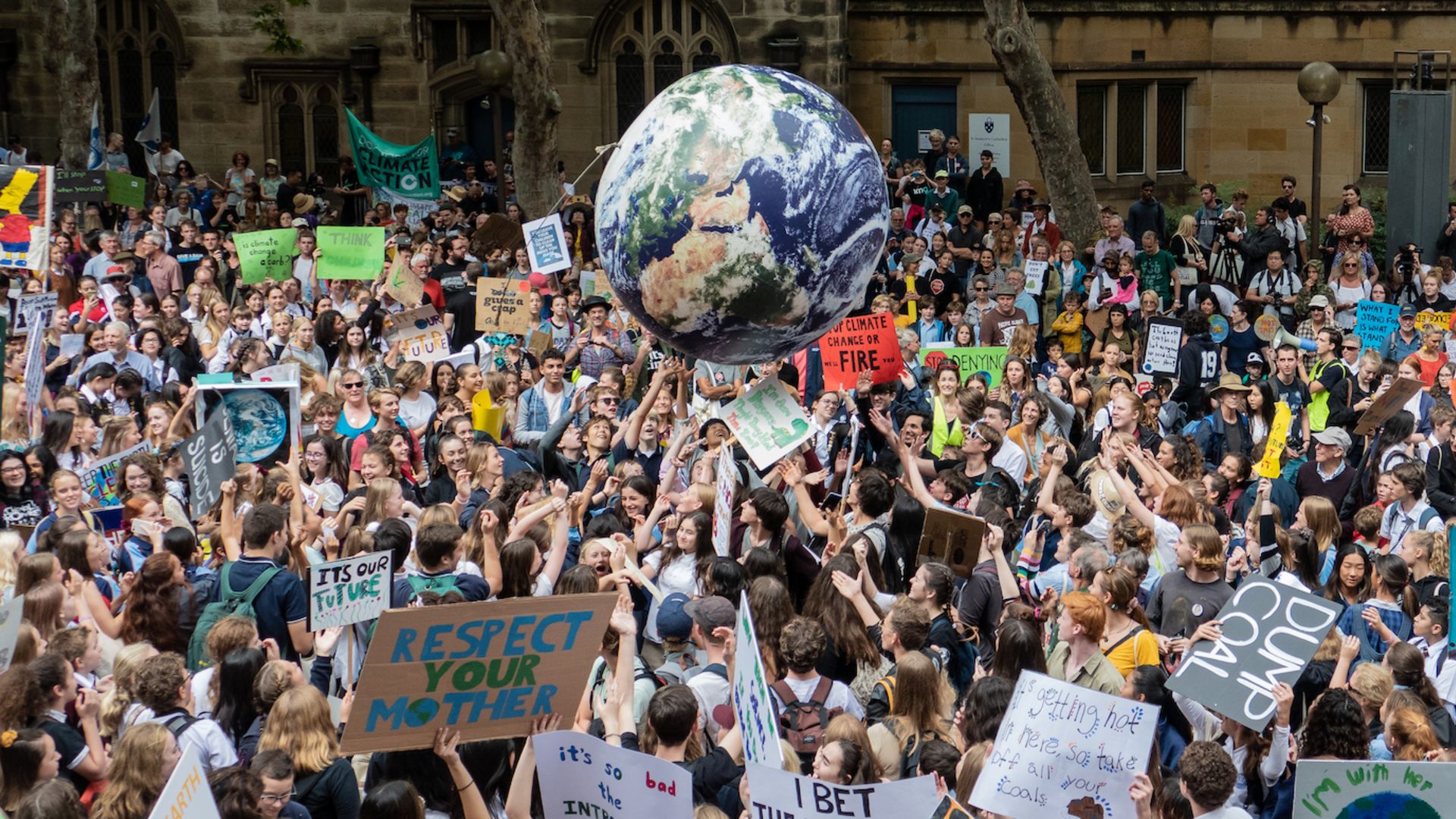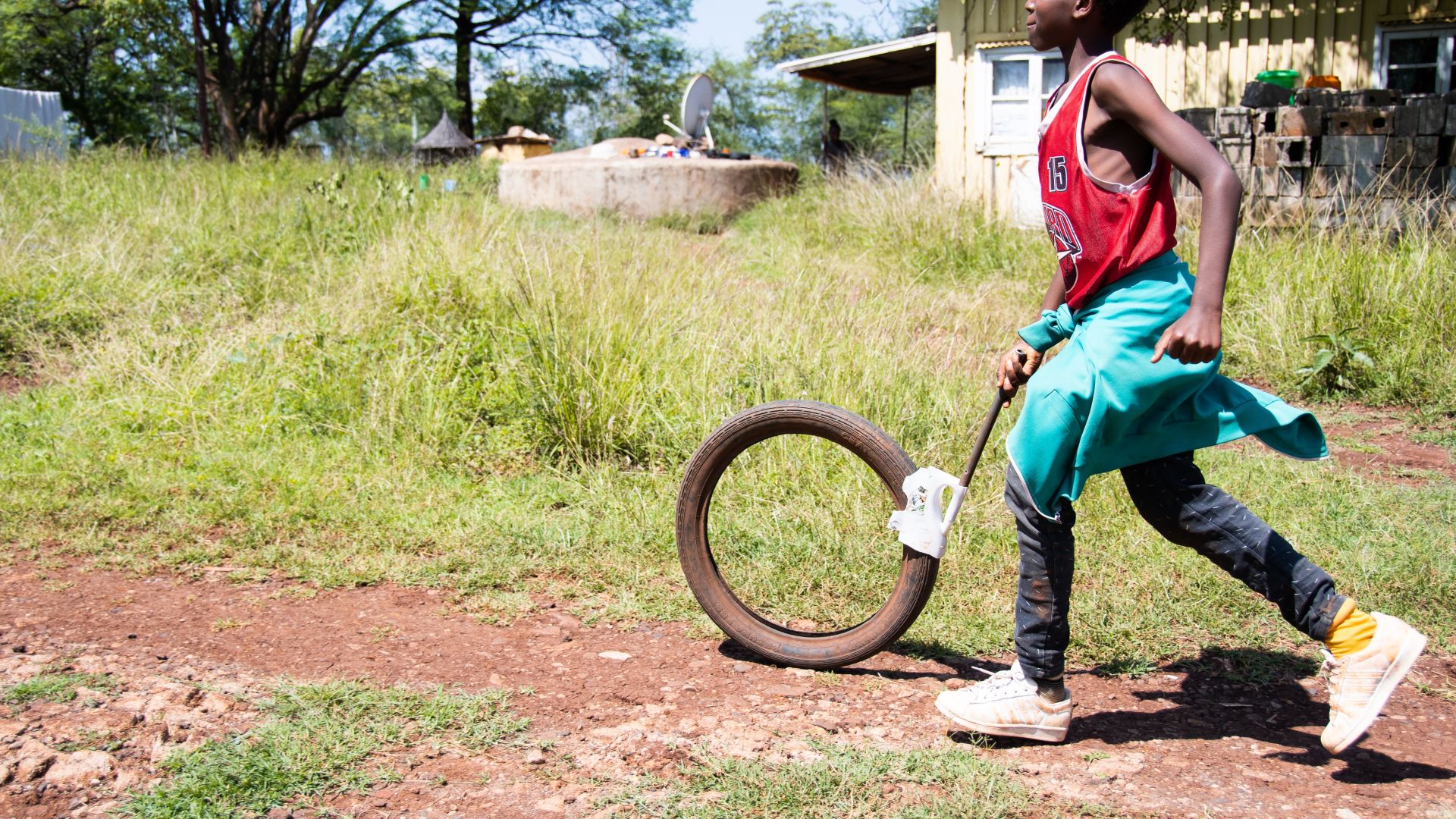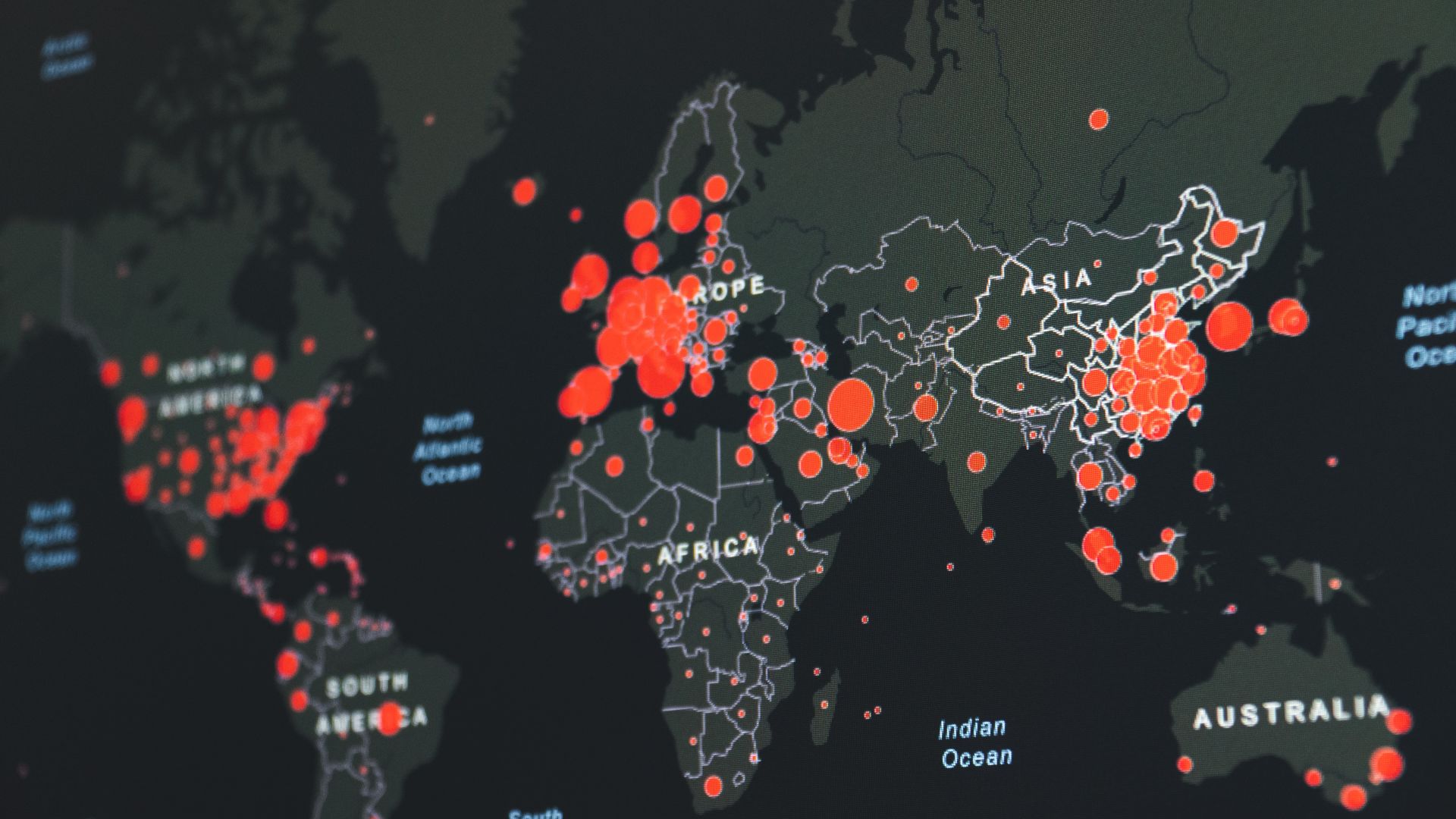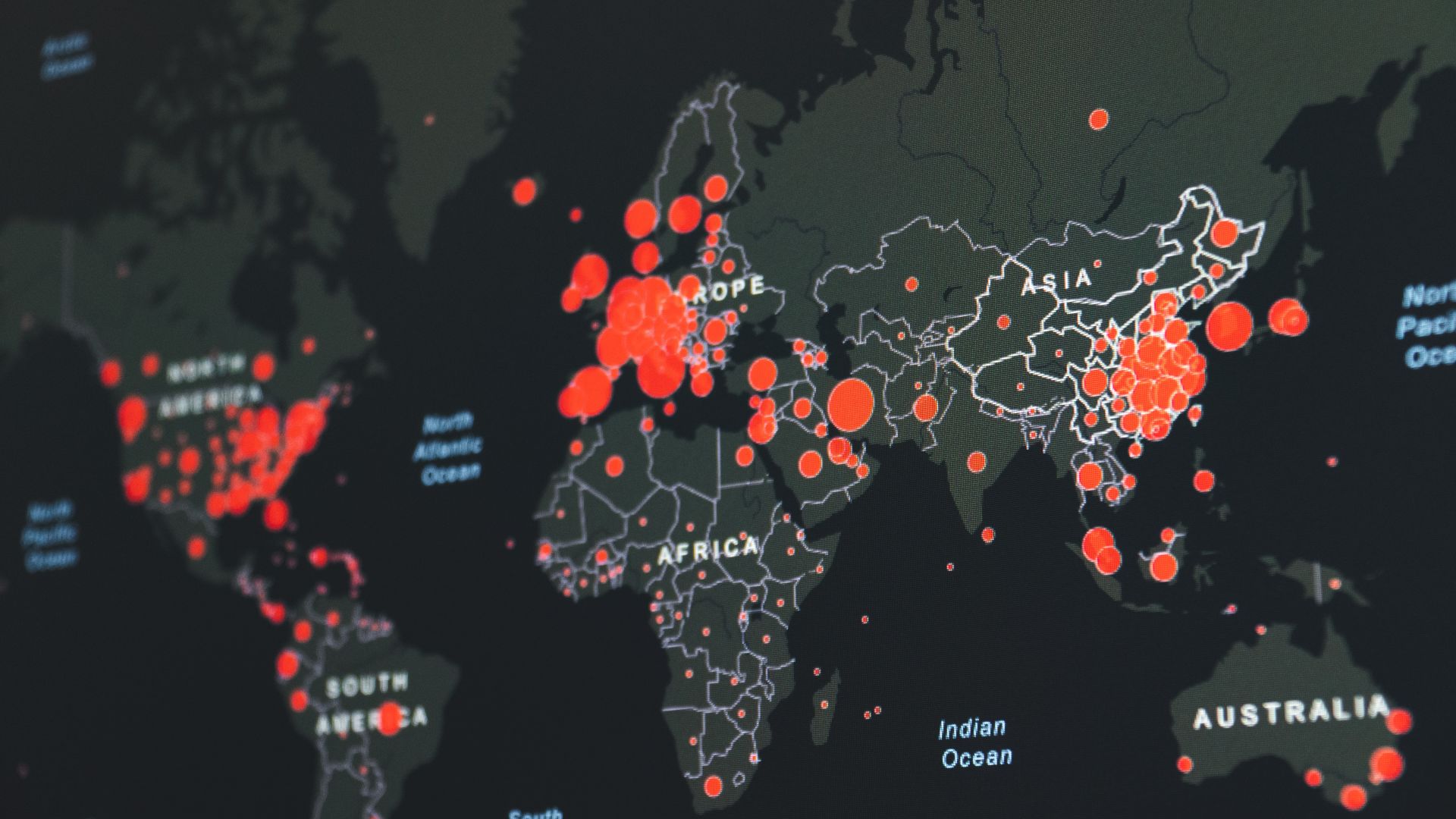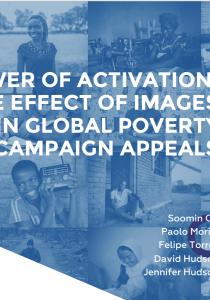
Two pressing questions fundraisers often ask themselves are whether people feel like their donations matter, and whether this belief influences their willingness to donate. 'Personal efficacy' is the term we at DEL use for an individual’s sense of their possible impact on a collective problem, such as global poverty. Our data suggests that this perceived self-efficacy is strongly linked to how likely an individual is to donate. If someone who believes they cannot make any difference whatsoever is convinced that they can make a great deal of difference, the likelihood that they will donate jumps from 17% to 44%.
In a survey of 8,000 UK adults conducted in September 2021, only 19% of respondents reported donating to a development NGO in the previous year. This supports our theory that low levels of efficacy are associated with low donations, since perceived self-efficacy tends to be especially low in Britain. In fact, those who say they can’t make any difference in reducing global poverty are by far the largest group in the UK. Among those, only one in twenty had donated to development causes in the previous year.
At the moment, engaging the public is an uphill battle, but our understanding of efficacy means that if more people begin to feel like their contributions don’t matter, campaigners’ jobs will only get harder. In the UK, only one in ten people believe they can make a difference in reducing global poverty. This is noticeably less than in the other three countries that we study at DEL: France, Germany and the U.S. This is not very encouraging, but there is a silver lining: Once people begin to move in the right direction, they tend to maintain that momentum. In other words, the first donation usually means there are more to come.
Does efficacy lead to donations, or donations to efficacy?
But where does that first donation come from? And while it might be a commonly held belief (with some proof!) that personal efficacy plays a part in determining someone’s willingness to donate, is the reverse also true? In other words, if people feel they can make a difference, they are more likely to donate, but when they donate, are they also more likely to feel like their actions can change the world? Let’s ask the question from a campaigner or fundraiser’s perspective: Does it make more sense to try and drive up feelings of efficacy in order to increase donations, or create more opportunities to donate, expecting efficacy to follow?
While it might be a commonly held belief (with some proof!) that personal efficacy plays a part in determining someone’s willingness to donate, is the reverse also true?
To better understand this dynamic over time, we tracked self-reported efficacy and donation behaviour among UK respondents from 2019-2021. What we found might surprise you: evidence shows that donations may have a more powerful impact on personal efficacy than personal efficacy has on donations. This means that the feeling of self-efficacy is possibly more of a residue, or a reflection of donations, rather than their driver. This is not to say that the reverse (and more commonly assumed) relationship is false: When one of our respondents reports an increase in personal efficacy at any time, they are more likely to donate in the following year. However, the ‘dominant’ direction shows that for people who donate, there are much larger positive shifts in their personal efficacy, compared with shifts in donations after an increase in personal efficacy.
The efficacy-donations virtuous cycle
How does personal efficacy change after donating? We looked at people who started donating in 2019 and found that among this segment of respondents, 39% reported an increase in personal efficacy (compared to 31% for all respondents) between September 2019 and September 2021, with a further 24% reporting no change. We also found that once someone donates, they are very likely to donate again. As we know, this is likely to increase their self-efficacy, which will increase their willingness to donate: it’s a virtuous cycle! Our data suggests that while increasing efficacy is a good way to get into the cycle, it might just be simpler to get that first donation, and then maintain or increase efficacy, as this is a much more effective way to secure a long-term supporter. Even if someone with no prior interest or knowledge about global poverty is approached by a fundraiser and makes a donation, data suggests that this is likely to push them into the efficacy-donations virtuous cycle.
A part of the puzzle remains unsolved: why is it that donations have a more substantial effect on efficacy than efficacy on donations? It seems somewhat counterintuitive that people’s beliefs are impacted by their behaviour more than the other way around. Digging into this phenomenon might give us a better understanding of how people relate to their own efficacy.
One compelling explanation is that rather than making a genuine judgement, people express their efficacy in a way that confirms their decision to donate. It could be that efficacy stems from the desire to justify their actions. For example, if people do not donate, they might cling to the belief that they cannot make a difference, in order to avoid feeling guilty. And in fact 20% of UK people who didn’t donate justify this decision by claiming their donation would make no difference.
Getting people to make their first donation seems to be the hardest, as well as the most crucial step. For charities, it might always be more difficult to engage people who have never donated than to keep existing donors. Are other factors at play? Our data show perceived NGO efficacy, engagement with development-related news, and generalized levels of trust are not good predictors of whether someone donates or not. The strongest factor remains whether that person has donated in the past. It all goes back to getting that first donation. A few minutes spent with a fundraiser during a lunch break could very well be all it takes to transform a totally disengaged person into a long-term donor.



